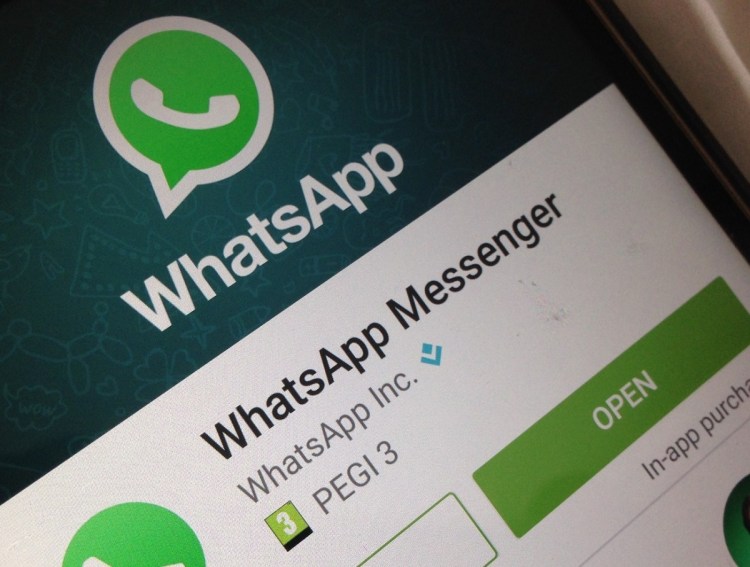The story was updated at 7:30 a.m. PST with a statement from Facebook.
The European Commission is claiming that Facebook may have “provided incorrect or misleading information” during the antitrust review that ultimately led to the approval of its purchase of WhatsApp in 2014.
The EC announced today that it has sent Facebook a “Statement of Objections,” pointing out that back in 2014 regulators had specifically asked the company about whether it could or would link users’ accounts between the two services. While Facebook said at the time that it technically could not do so, WhatsApp earlier this year announced that it may possibly be planning to do just that.
“Companies are obliged to give the Commission accurate information during merger investigations,” said Antitrust commissioner Margrethe Vestager, in a statement. “They must take this obligation seriously. Our timely and effective review of mergers depends on the accuracy of the information provided by the companies involved. In this specific case, the Commission’s preliminary view is that Facebook gave us incorrect or misleading information during the investigation into its acquisition of WhatsApp. Facebook now has the opportunity to respond.”
In its press release, EC officials emphasized that the account matching issue was not the sole factor used to determine whether the merger should be approved. They added that the SOC was just an opening move, and far from a final decision on the matter.
UPDATE: In a statement from a Facebook spokesperson provided by email, the company said: “We respect the Commission’s process and are confident that a full review of the facts will confirm Facebook has acted in good faith. We’ve consistently provided accurate information about our technical capabilities and plans, including in submissions about the WhatsApp acquisition and in voluntary briefings before WhatsApp’s privacy policy update this year. We’re pleased that the Commission stands by its clearance decision, and we will continue to cooperate and share information officials need to resolve their questions.” END UPDATE
Still, antitrust officials were clearly miffed when WhatsApp announced a terms of service update in August that mentioned the “possibility of linking WhatsApp user phone numbers with Facebook user identities.”
According to the Statement of Objections, the EC says it was technically possible in 2014 to match Facebook and WhatsApp accounts, despite Facebook’s claims at the time. If true, that would constitute “incorrect or misleading information” and be a breach of EU merger regulations. Antitrust officials note that they rely on the accuracy of information submitted by companies to quickly approve such deals.
It’s likely that Facebook will argue at the time that it did not have such an ability. And indeed, despite the WhatsApp update, the companies have still not instituted account matching, suggesting that in fact there may be some technical limitations to overcome.
It doesn’t appear this latest salvo would have any implications for the deal itself, which was completed long ago. Still, Facebook could be facing a fine of up to 1 percent of its revenue. The company has until the end of January to file a response.
In general, the EC found that the Facebook-WhatsApp merger would not hinder competition for messaging services or digital advertising.
VentureBeat's mission is to be a digital town square for technical decision-makers to gain knowledge about transformative enterprise technology and transact. Learn More

